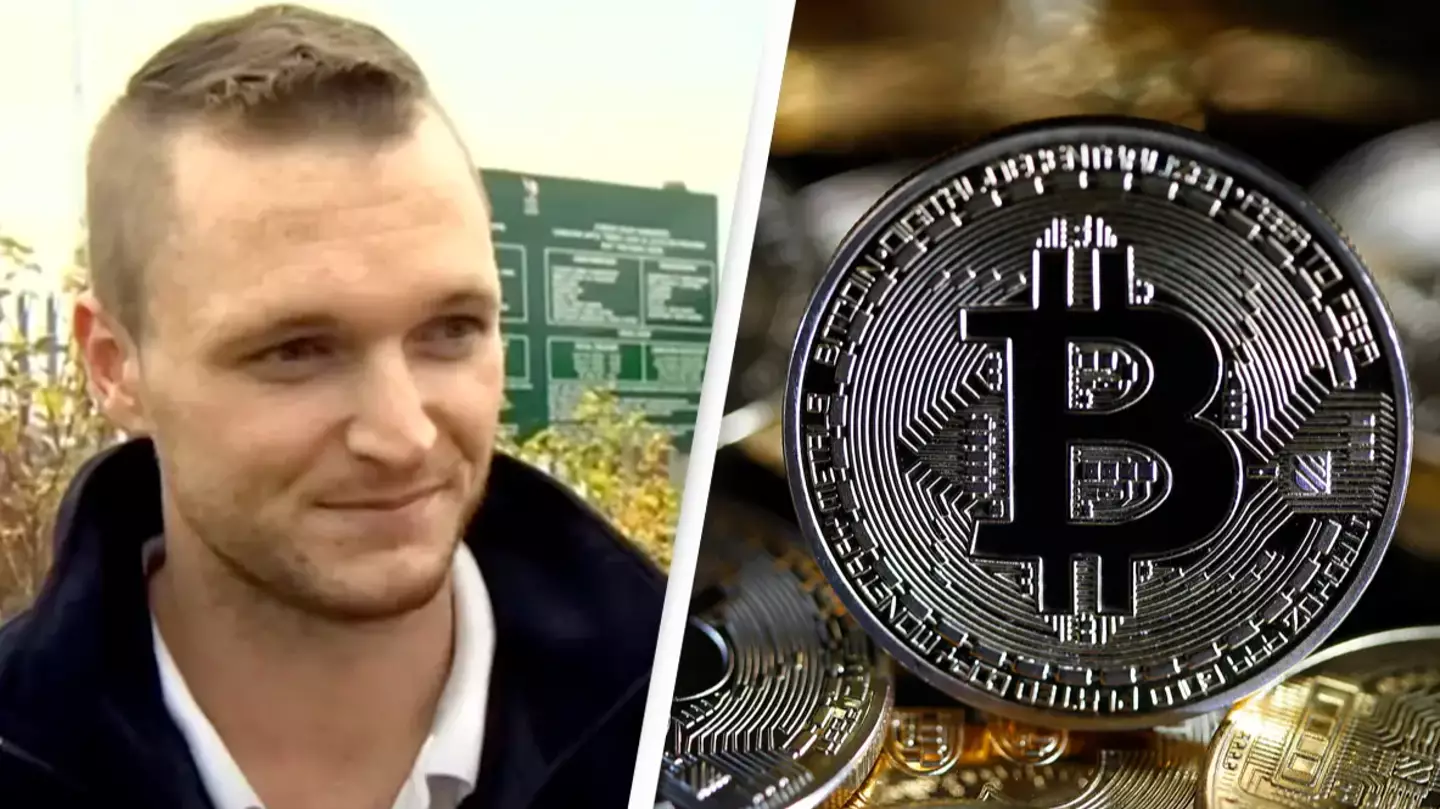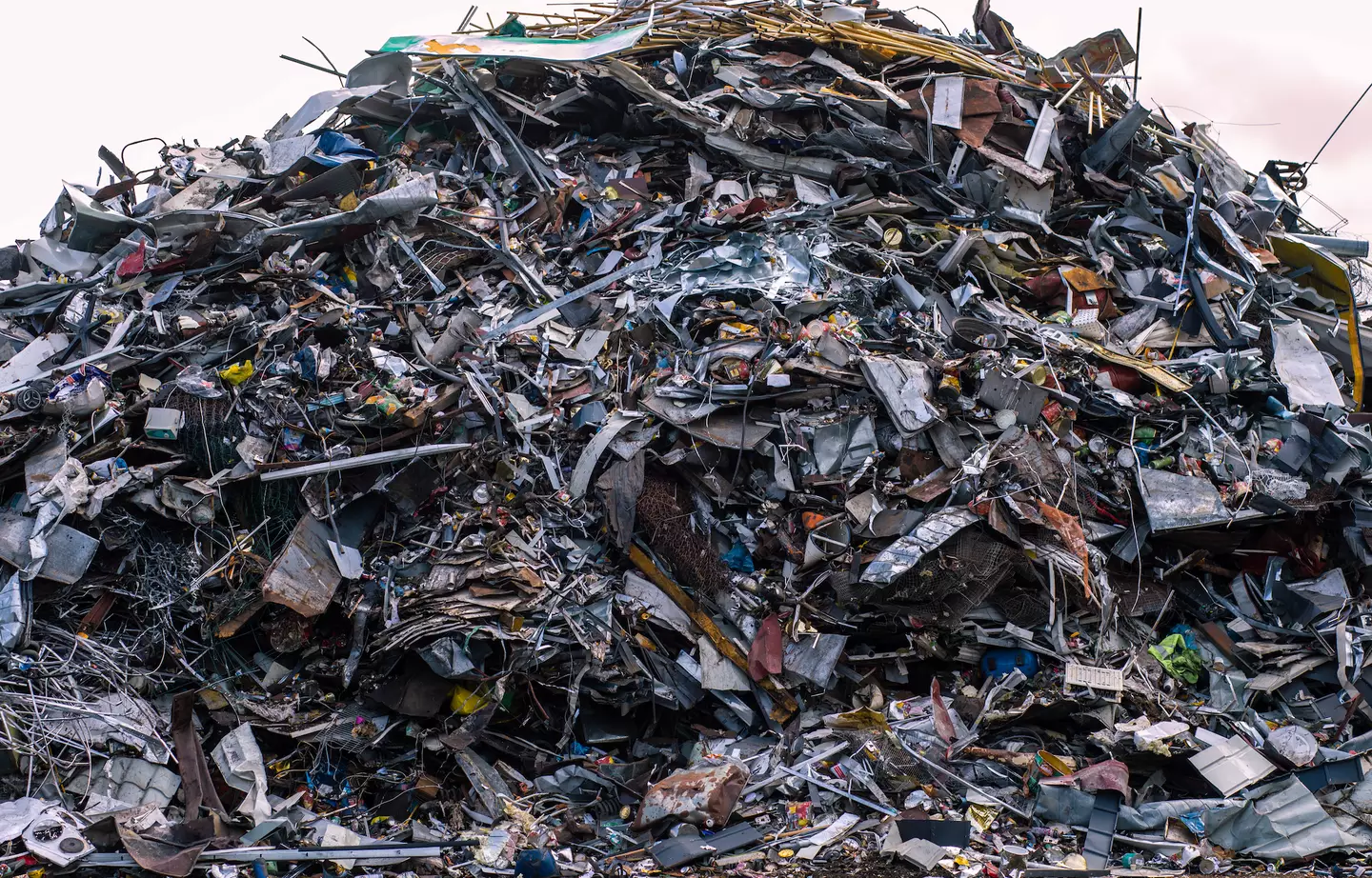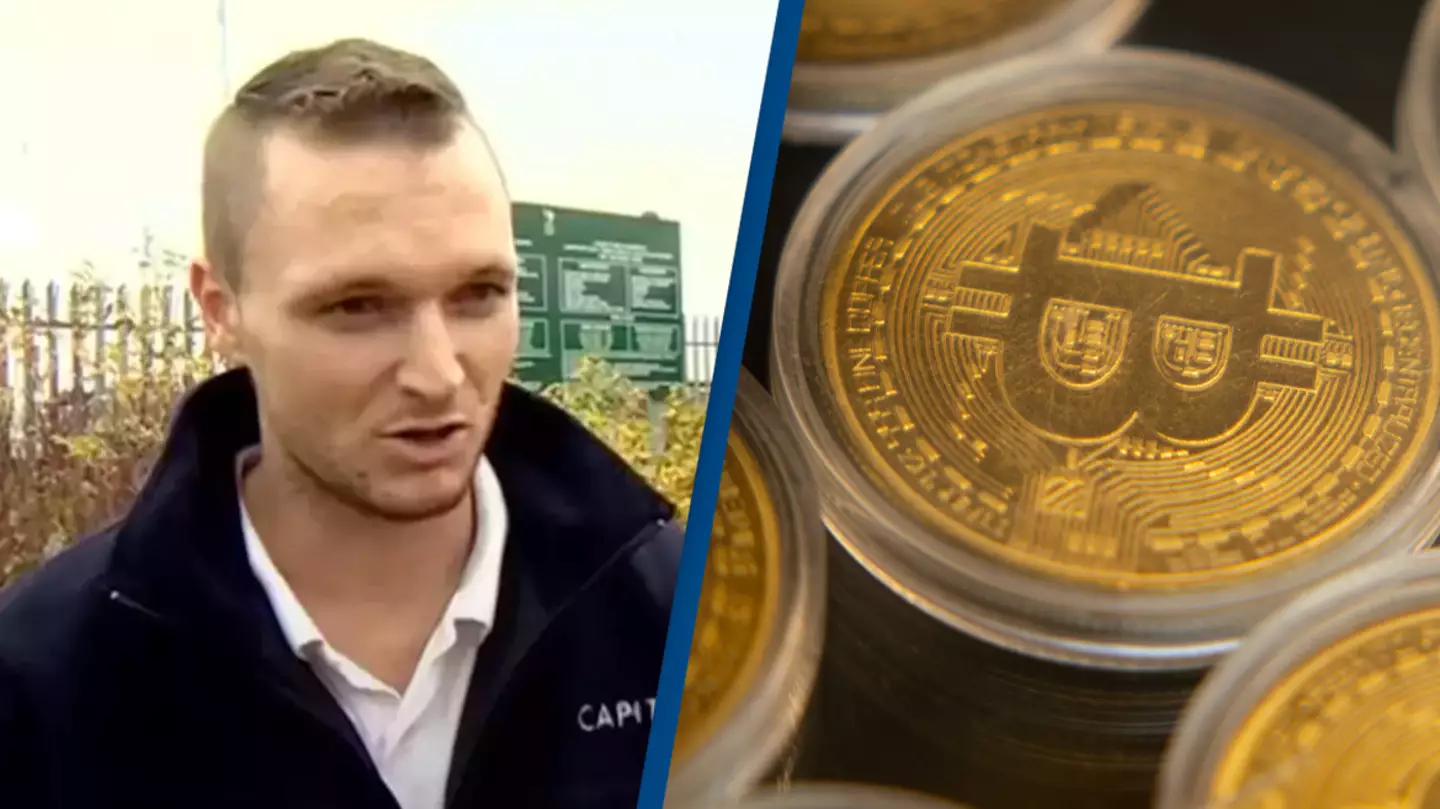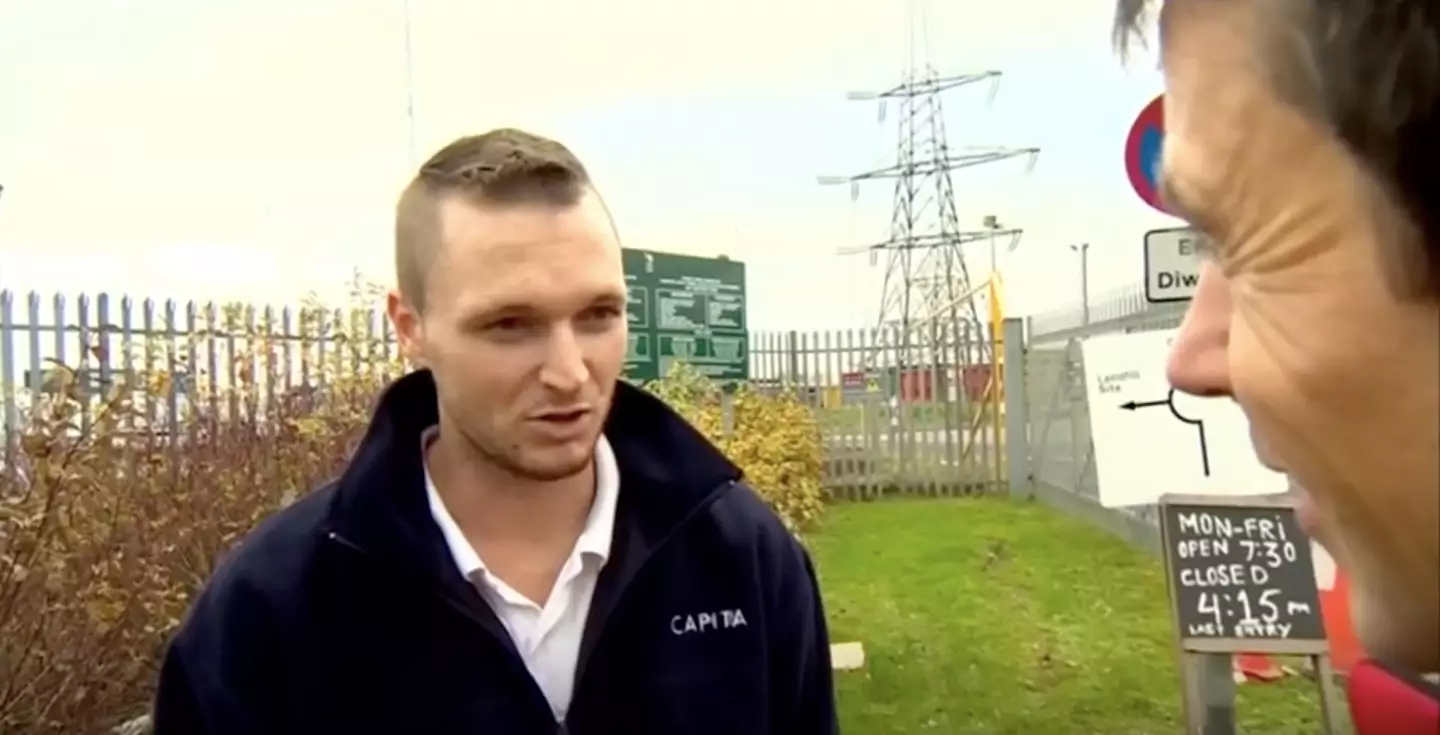
A man who lost a hard drive with $632 million Bitcoin on it has hit back at the council, claiming he’s managed to identify a ‘small area’ where it could lie in a landfill site.
James Howells’ battle against Newport City Council in Wales to get his hands back on a hard drive – reported as holding an eye-watering $632 million Bitcoin – continues.
The IT engineer says 8,000 Bitcoins were stored on a hard drive which a former partner accidentally threw out in 2013.
After realizing the mistake, Howells rushed to contact the council and explain the situation, alas, the council refused to let him go to the landfill site in search of the drive.
Howells resolved to sue the council for $648 million and went about coming up with a plan to find where the hard drive lay in the site, a battle having continued for over 10 years.
A spokesperson for Newport Council said the council told Howells ‘multiple times’ an excavation is ‘not possible under our environmental permit and that work of that nature would have a huge negative environmental impact on the surrounding area’.
It added it’s the ‘only body authorised to carry out operations on the site’ and ‘follows a strict monitoring and reporting regime for all environmental parameters’.
However, Howells has since argued he’s been able to ‘pinpoint’ a pretty accurate location of where the hard drive should be.

James Howells’ team argues it’s not a ‘needle-in-the-haystack’ situation (Getty Stock Image)
At a hearing – to decide whether the case should go to a full trial – in Cardiff civil and family court, Howells’ legal team argued all it would take to get the hard drive back is actually a ‘precise excavation’ of a ‘small area’ of the landfill site and that the area has been positively identified.
They added: “This is a finely tuned plan by expert excavators.”
Howells also reportedly hired NASA data recovery engineers alongside using AI in his bid to locate the device.
Prior to the hearing, a spokesperson for Newport Council said: “Responding to Mr Howells’ baseless claims are costing the council and Newport taxpayers time and money which could be better spent on delivering services.”
However, Howells has resolved: “I could spend the rest of my life working nine-to-five and thinking about it every day. I might as well spend my time trying to recover this simple piece of metal.”

A Bitcoin expert has revealed there is a way a man could recover the fortune he lost on a hard drive that was thrown away.
We all know that heart-sinking feeling when you realise you’ve lost or misplaced something, but imagine how it must feel when the lost object contains a lot of money. For James Howells, this is unfortunately his reality.
Howells’ hard drive went missing back in 2013, and the IT engineer from Newport, Wales, says it contained 8,000 Bitcoins. His partner accidentally threw it out, and the cryptocurrency is worth an eye-watering amount today.
After discovering that the hard drive is at Newport City Council’s landfill site, Howells immediately called the council and asked them to retrieve it.
Unfortunately, they refused, and Howells has been locked in a battle ever since. He decided to sue the council for $648m for not allowing him to come and find the hard drive.
Howells previously told how he had assembled a ‘full consortium of experts’ to help him pinpoint the hard drive’s exact location, including recovery experts from NASA who worked on the Columbia space shuttle disaster, he told ITV.
Howells also told the BBC the hard drive is now worth over $632,079,290. And to make the stakes even higher for Howells, since Donald Trump won the 2024 US Presidential Election, there has been a spike in the price of the digital currency, which has reached an all-time high.
A finance specialist has offered some hopeful advice, suggesting that one way Howells could retrieve his fortune is if he recorded the ‘seed phrase’ somewhere physically.
Also known as a “mnemonic phrase”, a seed phrase is a series of bunds that serve as a backup and recovery tool for cryptocurrency wallets.
Haydn Jones, an accredited expert witness relating to digital assets, told MailOnline: “If he has recorded the seed phrase somewhere physically, then that could be possible.

There may be a way for Howells to reclaim his fortune (BBC)
“It’s very easy to do as long as he has the piece of paper with it. So, as long as he has that, he is quids in. If he doesn’t, it’s sayōnara.”
However, the expert warned that the chances are still slim and if Howells did not have the seed phrase, then the chances of cracking into his digital wallet would be impossible without a working hard drive.
“There is no computably feasible way of cracking that private key. It’s computably infeasible to crack it – there’s not enough time in the universe to do that.”
And cyber and cryptocurrency investigator Paul Sibenik believes it’s unlikely a seed phrase had been created, which essentially ruins Howells’ chance of reclaiming his digital fortune.
The only slim chance was by accessing electronic copies of the private keys on the computer.
“There is no hope of guessing the private key – which people sometimes liken to an extremely strong password. So, if the hard drive cannot be found and accessed, the Bitcoin will remain inaccessible forever.”
A spokesman for Newport Council said the council has told Howells ‘multiple times’ an excavation is ‘not possible under our environmental permit and that work of that nature would have a huge negative environmental impact on the surrounding area’ and that it’s the ‘only body authorised to carry out operations on the site’ and ‘follows a strict monitoring and reporting regime for all environmental parameters’.


